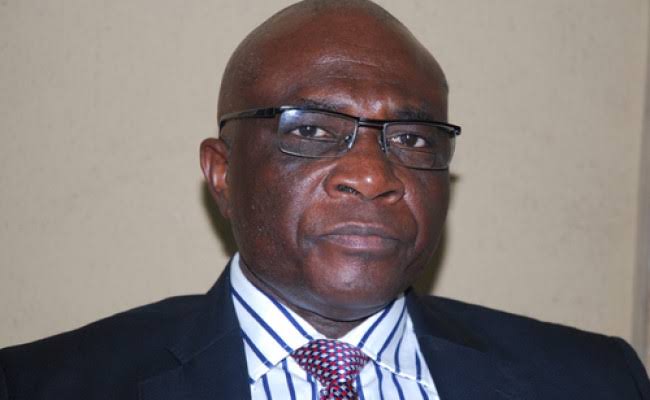LEGIT NG
At least two top presidential candidates in the February 25 elections, Atiku Abubakar (PDP) and Peter Obi (Labour Party) are challenging the victory of the president-elect, Bola Ahmed Tinubu.
While Tinubu (APC) won the poll with 8,794,726 votes (36.61%), Atiku came second with 6,984,520 votes (29.07%). Obi came third with 6,101,533 votes (25.40%).
Both Atiku and Obi have filed petitions at the Presidential Election Petition Court, challenging Tinubu’s victory. They both claimed they won the election.
Among other things, they are asking the court to disqualify Tinubu, declare them the winner or cancel/nullify the election and order a fresh one.
Nullification of presidential elections occurs when a court or an electoral body declares that the election was not conducted in a free and fair manner or when there are irregularities or fraud that have impacted the results of the election.
In some cases, the election may be nullified if there is evidence of voter intimidation, violence, or other forms of electoral malpractice.
The nullification of presidential elections can have significant political, economic, and social implications. It can lead to protests and demonstrations, political instability, and uncertainty about the future of the country. In some cases, it may even lead to violence and conflict.
Overall, the nullification of presidential elections is a serious issue that requires careful attention and resolution to ensure that democracy and the rule of law are upheld.
Atiku, Peter Obi confident of victory
Both Atiku and Obi are confident they would reclaim their “stolen mandate” in court.
It must, however, be noted that since 1999 when Nigeria returned to democracy, no presidential election has been nullified by the court.
Nevertheless, the two opposition presidential candidate can draw some encouragement from these two African countries where the courts have overturned the presidential elections.
Malawi presidential election 2020
In Malawi 2020 presidential election, the incumbent President Peter Mutharika was declared the winner, but his opponent Lazarus Chakwera, leader of the Malawi Congress Party (MCP), challenged the results in court.
After months of legal proceedings, the Malawi Constitutional Court nullified the election results in February 2020. The court found that there were widespread irregularities and evidence of tampering with the vote count, and ordered a fresh election to be held within 150 days.
The Supreme Court affirmed the lower court’s historic decision which marked the first time a court had overturned a presidential election in Malawi, and one of the few times such a decision has been made in Africa.
The decision was widely celebrated by opposition supporters, who saw it as a victory for democracy and the rule of law.
In the subsequent election held in June 2020, Chakwera emerged as the winner, defeating Mutharika and becoming the new President of Malawi. His victory was seen as a major milestone for democracy in the country and on the African continent as a whole.
Kenya presidential election 2017
The Kenyan presidential election in 2017 was a highly controversial and contentious event, with allegations of fraud, violence, and irregularities leading to a re-run of the election.



Connect with us on our socials: